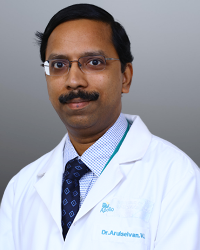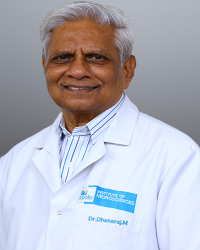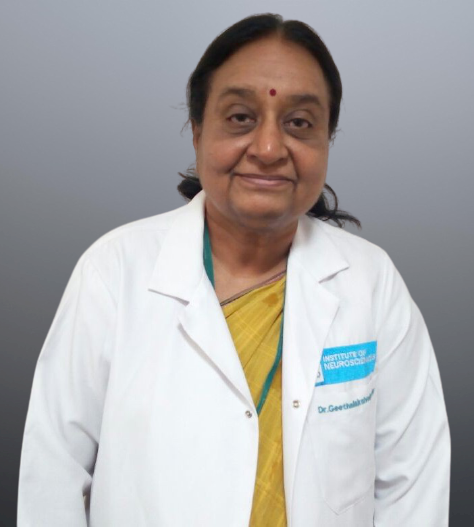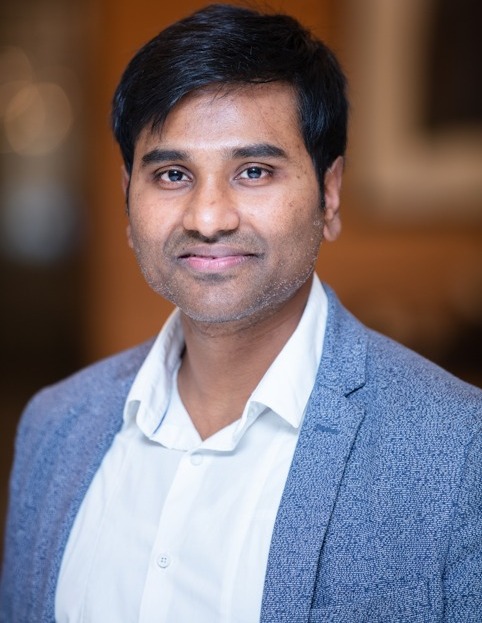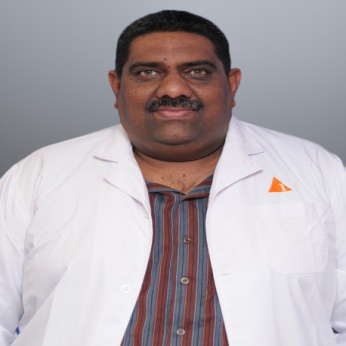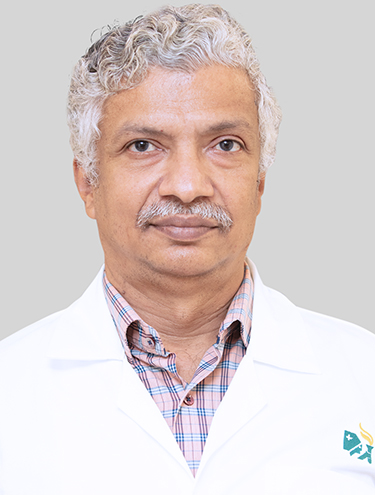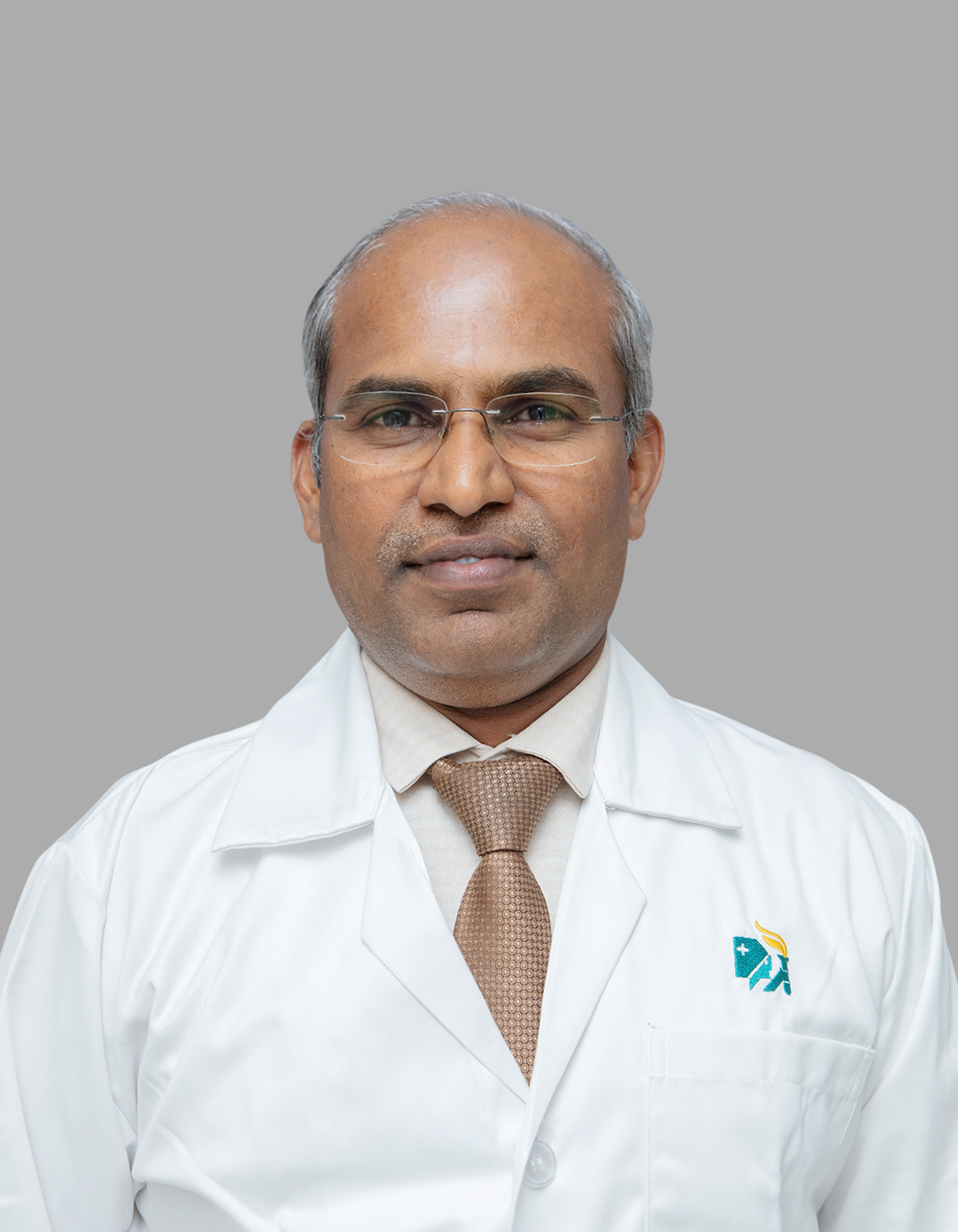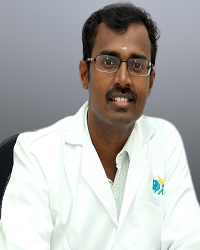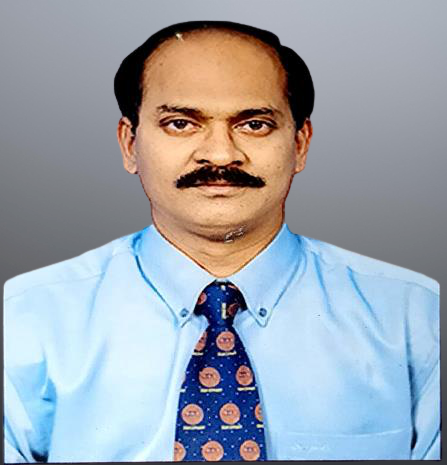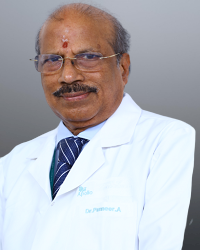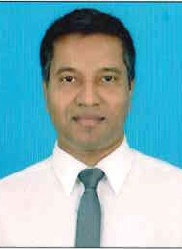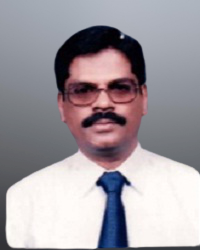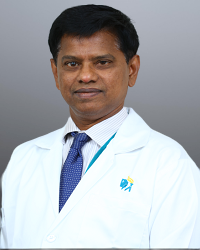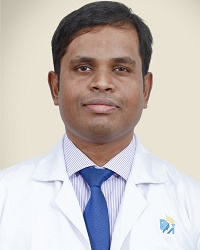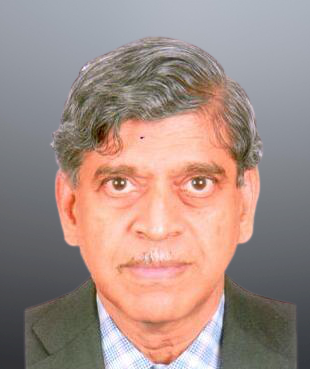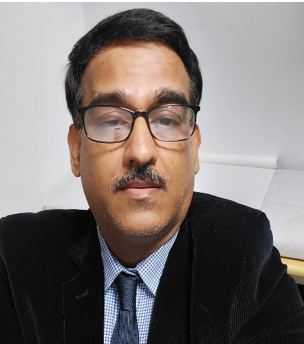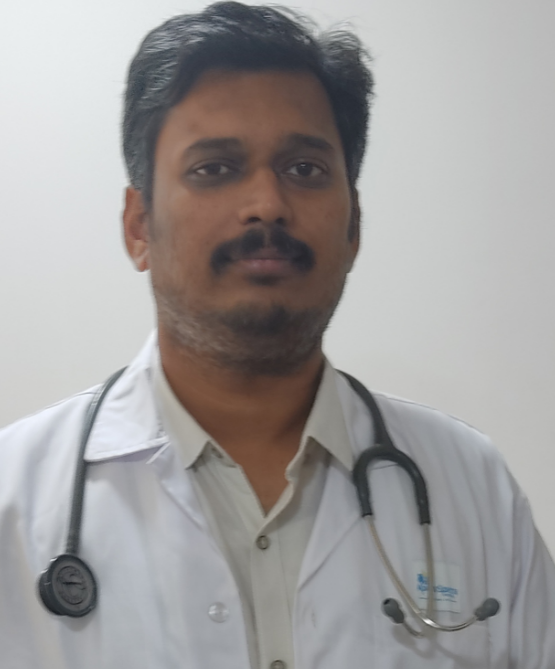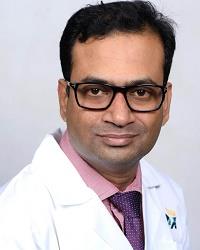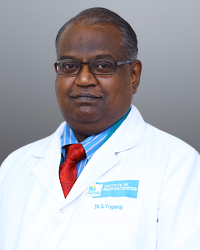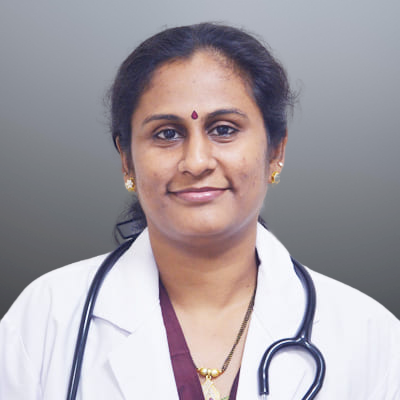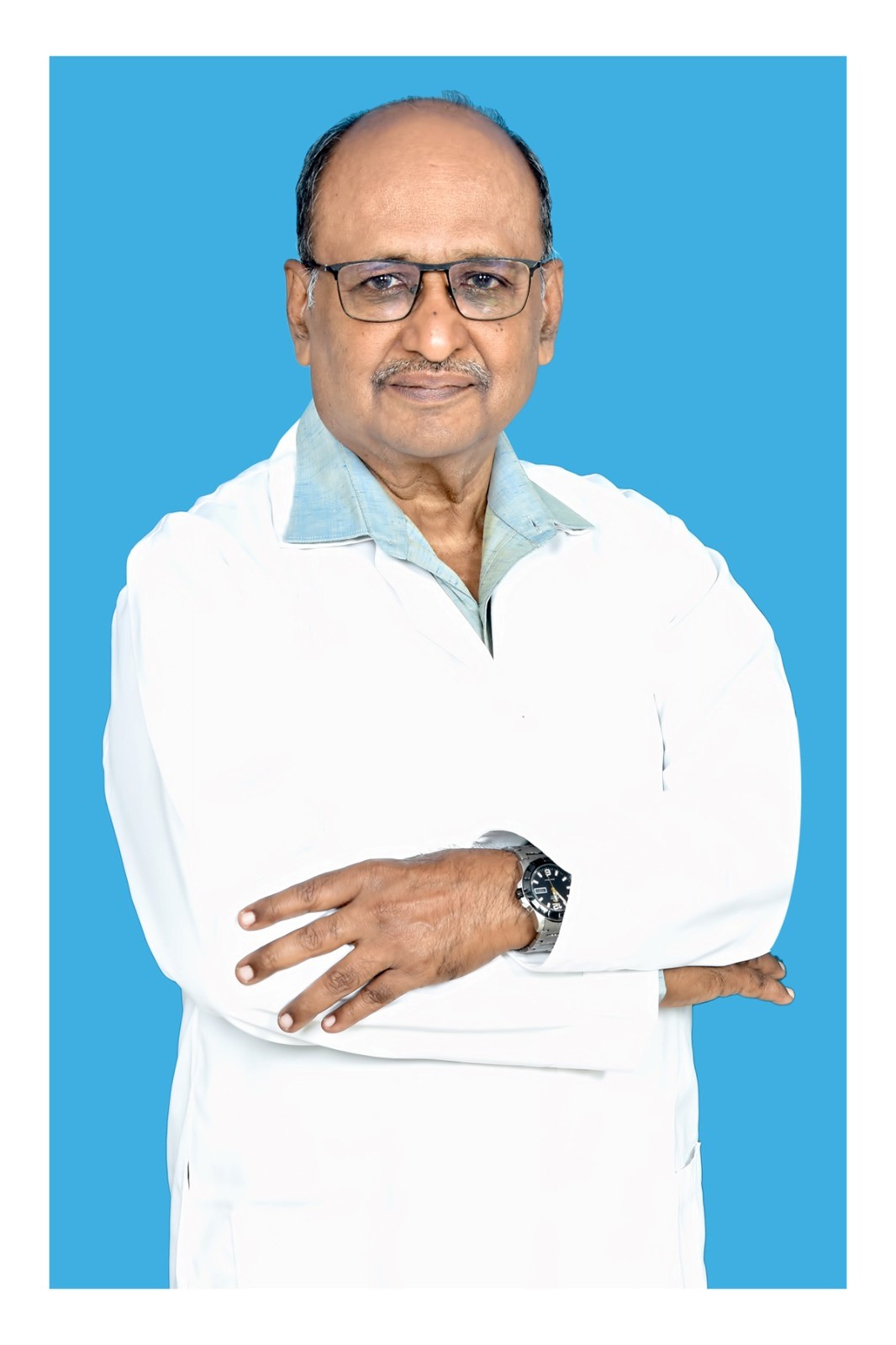Search Result: 25

Dr Anusha D
MBBS,DM(Neurology),DNB (Neurology)
Registration No
1036983
Language
English, தமிழ்

6 years experience overall

Annasalai & Old Mahabalipuram Road & Old Mahabalipuram Road , Chennai
MON- SAT, MON- SAT(01:00 PM-04:00 PM)

Dr Arulselvan V L
MD, DNB, DM
Registration No
755
Language
English, தமிழ்

14 years experience overall

GREAMS ROAD , Chennai
MON- SAT(11:00 AM-05:00 PM)

Dr Dhanaraj M
MD (Gen.Med), DM (Neuro), MNAMS (Gen. Med), MNAMS (Neuro)
Registration No
756
Language
English, தமிழ்

35 years experience overall

GREAMS ROAD , Chennai
MON- SAT, MON- SAT(10:00 AM-03:00 PM)

Dr Geetha Lakshmipathy
MBBS, MD general Medicine, DM Neurology
Registration No
257360
Language
English, हिंदी, தமிழ்

34 years experience overall

GREAMS ROAD , Chennai
MON- SAT, MON- SAT(09:00 AM-01:00 PM)

Dr Karthikeyan S
Post Graduate Programs – MD(int medicine), DM(NEUROLOGY) , SRMC CHENNAI Graduate Programs - MBBS RAJIV GANDHI UNIVERSITY Trained in Interventional Neurology from MAX HOSPITAL, NEW DELHI
Registration No
1528137
Language
English, हिंदी, தமிழ், తెలుగు

9 years experience overall

GREAMS ROAD & Old Mahabalipuram Road , Chennai
MON- SAT, MON- SAT(01:00 PM-04:00 PM)

Dr Lakshmi Narasimhan
MBBS MD (Int. Med.), DNB (Int.Med.) DM (Neurology) DNB(Neurology)
Registration No
273232
Language
English, தமிழ், తెలుగు

20 years experience overall

Poonamallee High Road , Chennai
MON- WED(06:00 PM-07:00 PM)

Dr Mahesh Narayanan
MD(Paed); DM(Neuro)
Registration No
271629
Language
English, हिंदी, தமிழ்

18 years experience overall

Annasalai & Greams Road , Chennai
TUE, THU, FRI(12:00 PM-01:00 PM)

Dr Muthu Kumar P
MBBS, M.D(Peadiatrics), DM(Neurologist)
Registration No
262088
Language
English, தமிழ்

8 years experience overall

Vanagaram , Chennai
MON- SAT, MON- SAT, MON- SAT(03:00 PM-05:00 PM)

Dr Muthukani S
MD, DM (Neurology), PDF (Epilepsy), PDCC (Cleveland Clinic, USA)
Registration No
1964996
Language
English, हिंदी, മലയാളം, தமிழ்

4 years experience overall

GREAMS ROAD & Greams Road , Chennai
MON- SAT, MON- SAT(10:00 AM-04:00 PM)

Dr Nithyanandam A
MBBS,MD (Gen Medicine),DM (Neurology)
Registration No
1846791
Language
English, മലയാളം, தமிழ், తెలుగు

28 years experience overall

Poonamallee High Road , Chennai
MON- SAT, MON- SAT(03:00 PM-04:30 PM)

Dr Panneer A
MBBS, MD
Registration No
257359
Language
English, தமிழ்

30 years experience overall

Greams Road , Chennai
MON- SAT, MON- SAT(12:30 PM-05:30 PM)

Dr Prabash P R
MBBS,MD,DM
Registration No
1059628
Language
English, हिंदी, മലയാളം, தமிழ்

4 years experience overall

Vanagaram , Chennai
MON- SAT, MON- SAT, MON- SAT(09:00 AM-03:45 PM)

Dr R M Bhoopathy
MD (internal Medicine);DM (neurology)
Registration No
75904
Language
English

30 years experience overall

TONDIARPET , Chennai
THU, THU(05:00 PM-06:00 PM)

Dr Rajendran S
MD, DM (Neuro), MRCP (Ireland), MSc(Neurology) (London)
Registration No
482381
Language
English, தமிழ்

30 years experience overall

GREAMS ROAD , Chennai
MON- SAT, MON- SAT(09:30 AM-04:00 PM)

Dr Somasundaram A C
MBBS, MD (General Medicine), DM (Neurology), (PhD (Neurology)
Registration No
1747317
Language
English

9 years experience overall

GREAMS ROAD & Annasalai , Chennai
MON- SAT, MON- SAT(09:00 AM-11:00 AM)

Dr Sridharan Ramaratnam
MBBS, MD(General medicine), DM(Neurology)
Registration No
257417
Language
English, தமிழ்

32 years experience overall

GREAMS ROAD , Chennai
MON- SAT, MON- SAT(03:00 PM-05:00 PM)

Dr Srikanth Srinivasan
MD[Gen] DM[Neuro] Master of Psychiatry[Melbourne]
Registration No
6110973
Language
English, हिंदी, தமிழ்

22 years experience overall

GREAMS ROAD , Chennai
MON- SAT, MON- SAT | MON- SAT, MON- SAT(10:00 AM-01:00 PM | 05:00 PM-06:00 PM)

Dr Vignesh A
MBBS, MD (GENERAL MEDICINE), DM (NEUROLOGY), Speciality Certificate Examination in Neurology (UK)
Registration No
4804668
Language
English, தமிழ்

8 years experience overall

MRC Nagar , Chennai
MON- SAT(10:00 AM-12:00 PM)

Dr Vijay Shankar
MD, DM (Neurology), Fellow in European Board of Neurology (Germany), Fellow in Movement Disorders & Fellow in Movement Disorders - Surgical -DBS (Toronto, Canada)
Registration No
3259270
Language
English, हिंदी, தமிழ், తెలుగు

7 years experience overall

GREAMS ROAD , Chennai
MON- SAT, MON- SAT(09:00 AM-05:30 PM)

Dr Yogaraj S
MBBS; MD(Int Med);DM(Neuro)
Registration No
123
Language
English, தமிழ்

20 years experience overall

GREAMS ROAD , Chennai
MON- SAT, MON- SAT(12:00 PM-04:00 PM)

Dr N Thamil Pavai
MD, DM, Neurology
Registration No
492644
Language
English, தமிழ்

17 years experience overall

Anna Nagar , Chennai
MON, WED, FRI(04:00 PM-06:00 PM)

Dr Sathish Kumar T E
MBBS, MS(GENERAL SURGERY), MCH(NEURO SURGERY)
Registration No
3504184
Language
English, தமிழ்

15 years experience overall

Madipakkam , Chennai
MON- SAT(12:00 PM-01:30 PM)

Dr Shubha Subramanian
MBBS, MD (General Medicine),DM (Neurology)
Registration No
885627
Language
English, தமிழ்

12 years experience overall

Prakasam Salai , Chennai
MON- SAT(07:00 PM-08:00 PM)

Dr Srikanth Srinivasan
MD[Gen], DM[Neuro], Master of Psychiatry[Melb]
Registration No
6194718
Language
English, हिंदी, தமிழ்

21 years experience overall

Pondy Bazaar , Chennai
SAT(05:00 PM-06:00 PM)

Dr Srinivasan Mariappan
MBBS., MD., DM (Neuro)
Registration No
5876908
Language
English, தமிழ்

21 years experience overall

Guindy , Chennai
MON- SAT(11:30 AM-12:30 PM, 06:00 PM-07:00 PM)
Frequently Asked Questions for Craniotomy in Chennai
A craniotomy may result in temporary memory loss or trouble concentrating and focusing in rare situations. These cognitive changes are typically temporary and improve over time as the brain heals. In rare cases, long-term memory loss or other cognitive deficits may occur.
A decompressive craniectomy is a surgical technique that permanently removes a considerable piece of the skull to relieve pressure on the brain due to bleeding or swelling. It is usually performed in emergencies to prevent further damage to the brain.
Long-term craniotomy side effects can vary based on factors such as the location of the surgery and the underlying ailment being treated.
Like any surgical procedure, craniotomy carries some risks and complications. These may include infection, bleeding, blood clot formation, damage to surrounding structures, seizures, and changes in brain function. The neurosurgeon takes precautions to minimise these risks.
A craniotomy involves temporarily removing a part of the skull to access and treat the brain, while in a craniectomy, a larger portion of the skull is permanently removed. Craniectomy is usually done in cases where there is significant brain swelling or when it is necessary to relieve pressure on the brain.
The neurosurgeon determines craniotomy eligibility based on a thorough review of the patient’s medical history, physical examination, and diagnostic tests. Factors such as the patient’s overall health and the potential benefits of the surgery are taken into consideration.
The risk of stroke after a craniotomy is relatively low. However, in some cases, there may be a small risk of stroke due to factors such as blood clot formation or damage to blood vessels during the procedure. The neurosurgeon takes precautions to minimise these risks.
After a craniotomy, patients are closely monitored in the hospital for a few days. They may require pain medication, antibiotics to prevent infection, and physical therapy to regain strength. The doctor will provide specific instructions on wound care, activity restrictions, and follow-up appointments.
The duration of a craniotomy procedure depends on various factors, including the complexity of the surgery and the underlying condition being treated. On average, a craniotomy can take anywhere between 2 to 6 hours.
The recovery time for craniotomy varies depending on the patient’s age, overall health, and the complexity of the surgery. Generally, it may take several weeks to months to fully recover and resume normal activities.
Before undergoing a craniotomy, patients may need to undergo pre-operative tests such as blood work, imaging scans, and consultations with other specialists. The doctor will provide specific instructions regarding fasting and any medications that need to be stopped before the procedure.
There are different types of craniotomy procedures, such as traditional craniotomy, keyhole craniotomy (minimally invasive), and endoscopic craniotomy. The specific type of craniotomy used depends on the patient’s condition and the goal of the surgery.
The success rate of craniotomy depends on various factors, including the underlying condition being treated. In general, craniotomy has a high success rate for relieving symptoms, removing tumours, and improving overall quality of life.
A craniotomy is performed by a neurosurgeon, who is a specialist trained in surgical procedures involving the brain, spine, and nervous system.
Related Procedures in Chennai
Related Treatments in Chennai
- Doctors for Alzheimers Disease Treatment in Chennai
- Doctors for Amyotrophic Lateral Sclerosis Treatment in Chennai
- Doctors for Aneurysms Treatment in Chennai
- Doctors for Aphasia Treatment in Chennai
- Doctors for Bells Palsy Treatment in Chennai
- Doctors for Benign Essential Blepharospasm Treatment in Chennai
- Doctors for Dementia Treatment in Chennai
- Doctors for Encephalopathy Treatment in Chennai
- Doctors for Epilepsy Treatment in Chennai
- Doctors for Erectile Dysfunction Treatment in Chennai
- Doctors for Headache Treatment in Chennai
- Doctors for Huntingtons Disease Treatment in Chennai
- Doctors for Hydrocephalus Treatment in Chennai
- Doctors for Hyperhidrosis Treatment in Chennai
- Doctors for Mild cognitive impairment Treatment in Chennai
- Doctors for Myasthenia Gravis Treatment in Chennai
- Doctors for Narcolepsy Treatment in Chennai
- Doctors for Nystagmus Treatment in Chennai
- Doctors for Obstructive Sleep Apnea Treatment in Chennai
- Doctors for Orthostatic Hypotension Treatment in Chennai
- Doctors for Parkinsons Disease Treatment in Chennai
- Doctors for Peripheral Neuropathy Treatment in Chennai
- Doctors for Radiculopathy Treatment in Chennai
- Doctors for Restless Legs Syndrome Treatment in Chennai
- Doctors for Sarcoidosis Treatment in Chennai
- Doctors for Sciatica Treatment in Chennai
- Doctors for Spasticity Treatment in Chennai
- Doctors for Stroke Treatment in Chennai
- Doctors for Transient Ischemic Attack Treatment in Chennai
- Doctors for Tourette Syndrome Treatment in Chennai
- Doctors for Tremor Treatment in Chennai
- Doctors for Trigeminal Neuralgia Treatment in Chennai
- Doctors for Vertigo Treatment in Chennai
Other Specialities in Chennai
- Best Urologist in Chennai
- Best Pulmonologist in Chennai
- Best General Physician in Chennai
- Best Endocrinologist in Chennai
- Best Cardiologist in Chennai
- Best Oncologist in Chennai
- Best Radiologist in Chennai
- Best Orthopedics in Chennai
- Best Hepatologist in Chennai
- Best Gynecologist in Chennai
- Best Dermatologist in Chennai
- Best Gastroenterologist in Chennai
- Best Psychologist in Chennai
- Best Ent Specialist in Chennai
- Best Nephrologist in Chennai
- Best Rheumatologist in Chennai
- Best Diabetologist in Chennai
- Best Psychiatrist in Chennai
- Best Neonatologist in Chennai
- Best Dentist in Chennai
- Best Dietitian in Chennai
- Best Haematologist in Chennai
- Best Pediatrics in Chennai
- Best General Surgeon in Chennai
Top Hospitals in India
- Hospitals in Ahmedabad
- Hospitals in Bangalore
- Hospitals in Bhubaneswar
- Hospitals in Bilaspur
- Hospitals in Chennai
- Hospitals in Delhi
- Hospitals in Guwahati
- Hospitals in Hyderabad
- Hospitals in Indore
- Hospitals in Kolkata
- Hospitals in Madurai
- Hospitals in Mumbai
- Hospitals in Mysore
- Hospitals in Nashik
- Hospitals in Noida
- Hospitals in Visakhapatnam
- Hospitals in Lucknow
- Hospitals in Bhopal
- Hospitals in Karur
- Hospitals in Kochi
- Hospitals in Nellore
- Hospitals in Trichy
- Hospitals in Kakinada
© Copyright 2024. Apollo Hospitals Group. All Rights Reserved.
 +91 8069991061
Book Appointment
+91 8069991061
Book Appointment





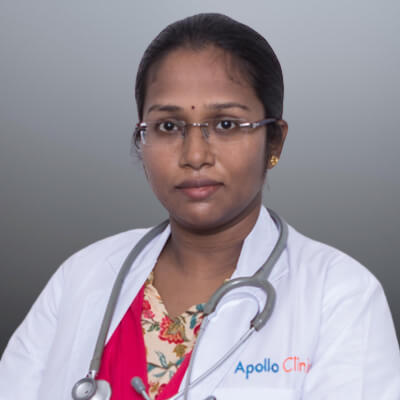
 Call Now
Call Now